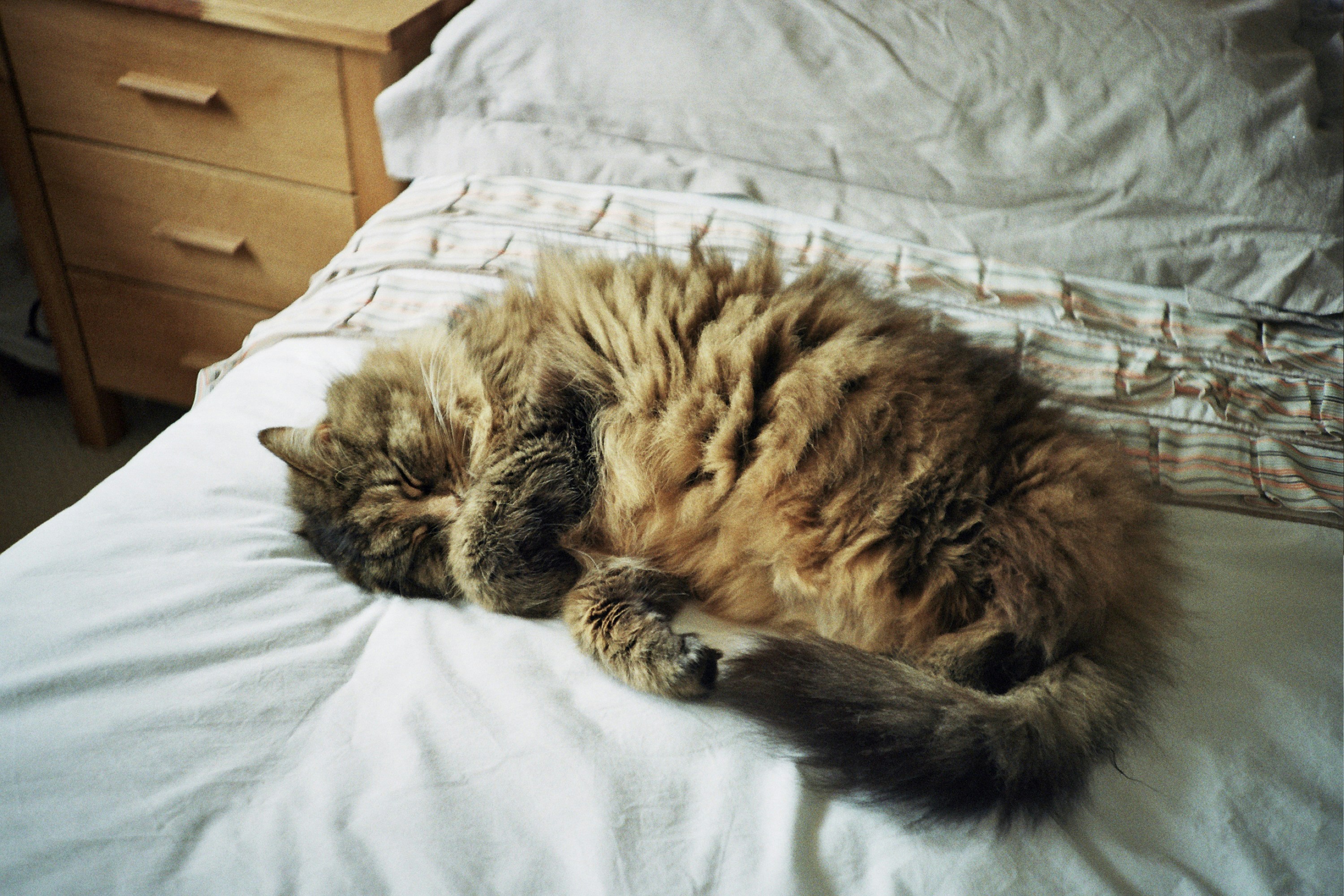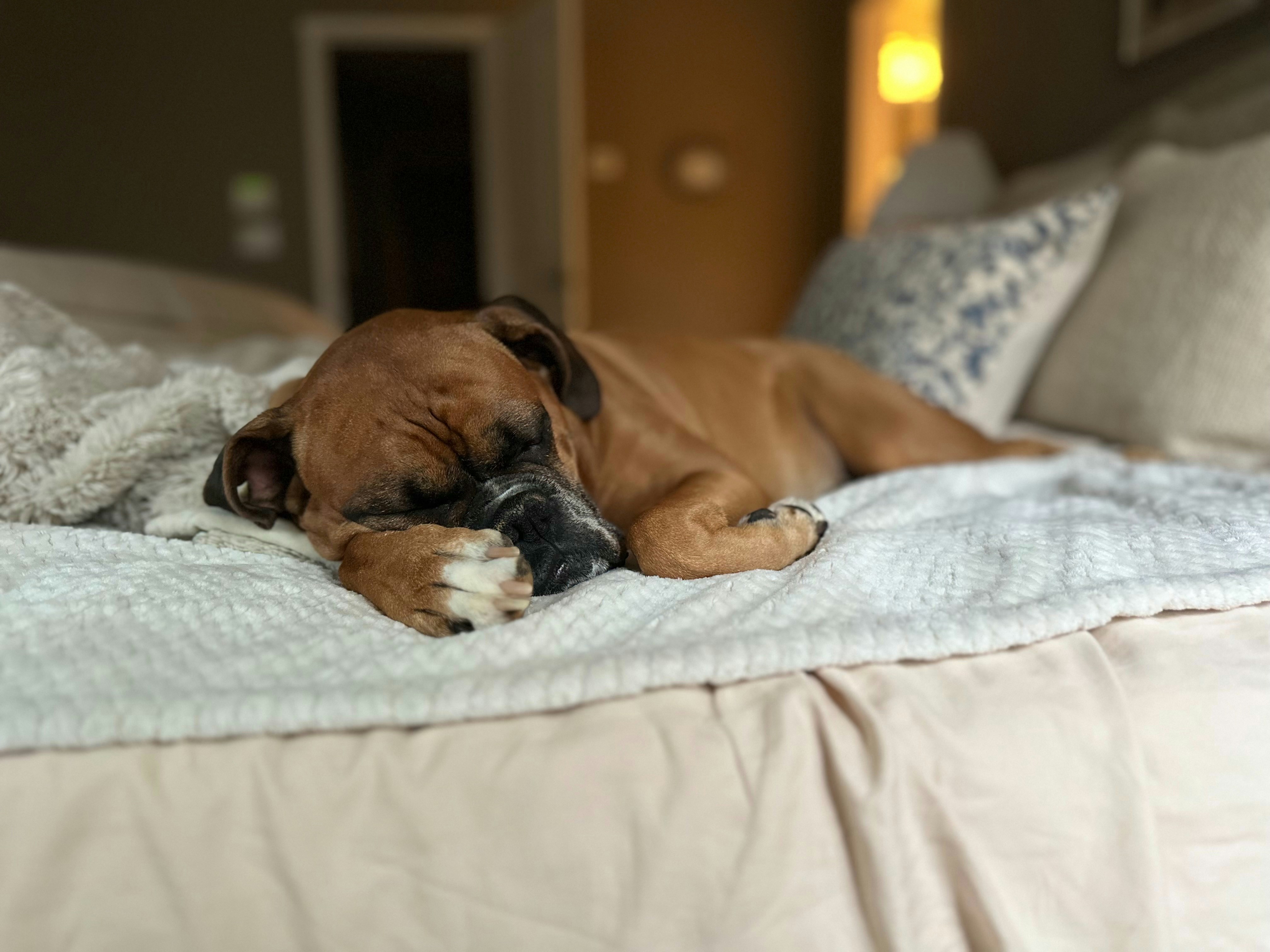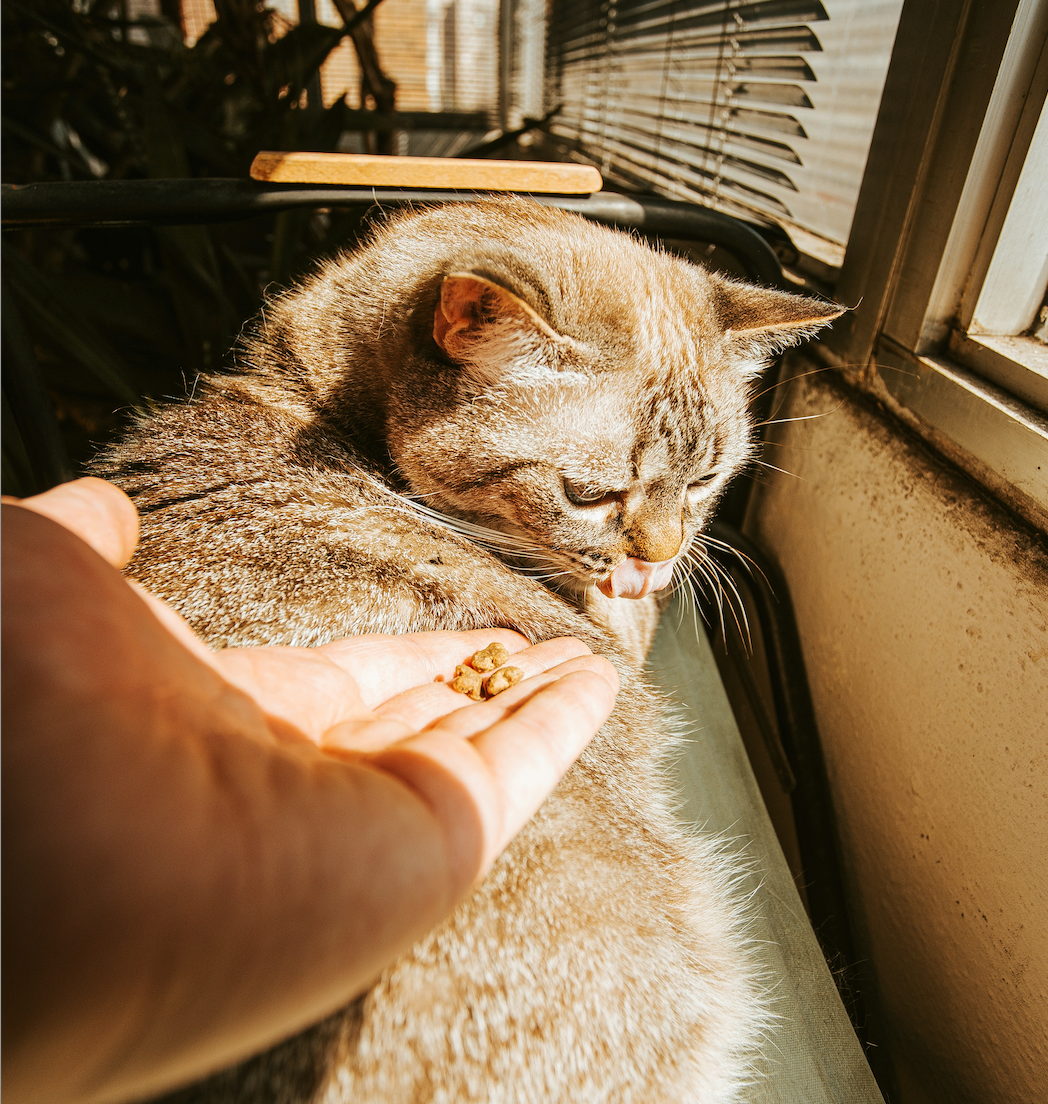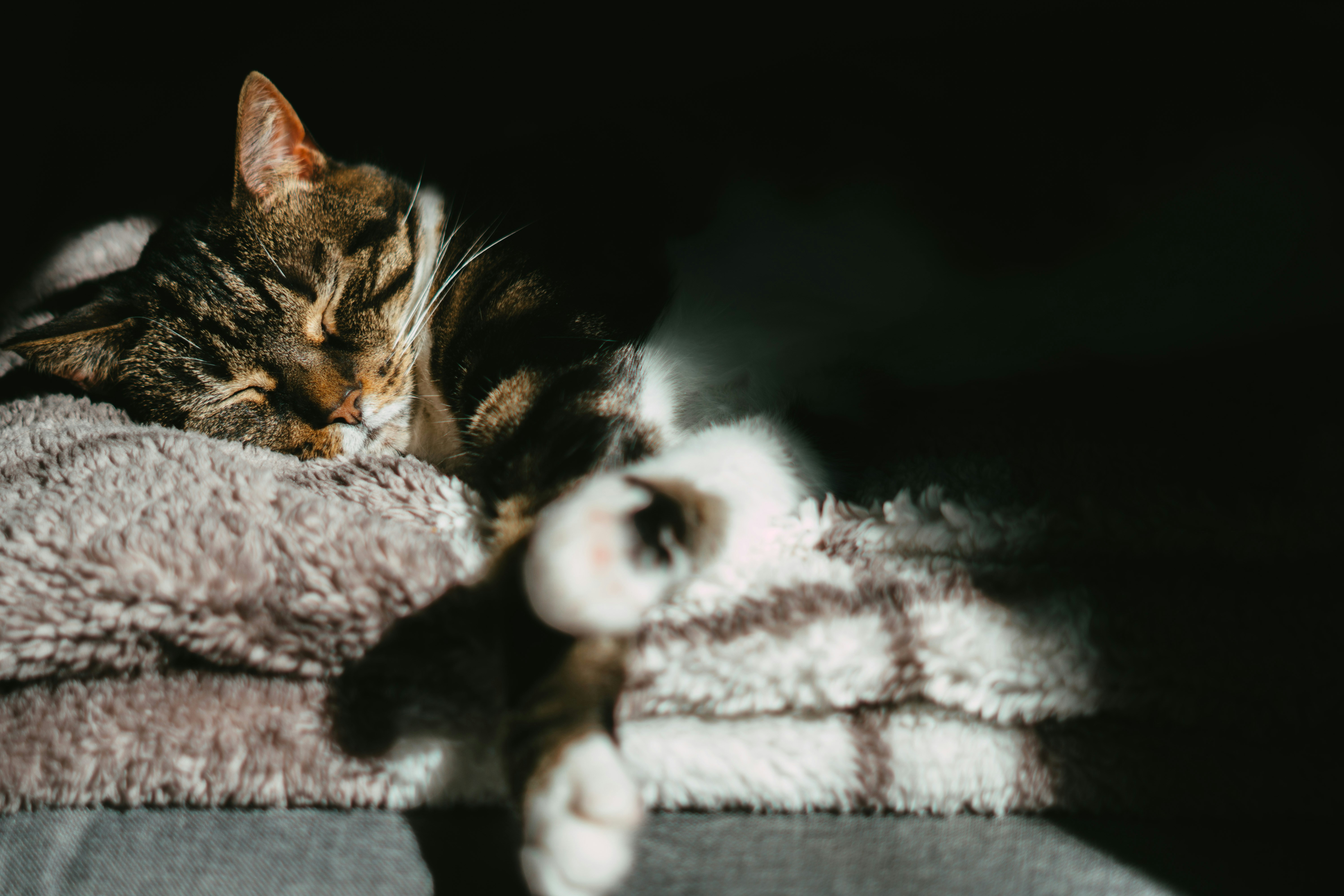As cats age, their needs change in subtle but important ways. They might move slower, sleep longer, or need extra support with daily comfort. Senior cat care focuses on wellbeing, nutrition, and gentle monitoring to maintain happiness at home. At Sunset Vet Care, we help families understand what older cats need so they can stay calm and content in familiar surroundings. This guide shares vet-approved advice on senior cat health, comfort, and emotional support.
When is a cat considered senior?
Most cats enter their senior years between 7 and 10. From about 15, they are considered geriatric. Changes often appear slowly, so routine observation is key. Senior care centres on comfort, early detection of health issues, and adapting the home for easier living.
Recognising signs of ageing in cats
Cats rarely show pain directly. They signal change through small shifts in behaviour and movement.
Physical signs
- Weight gain or loss
- Less agility when jumping
- Matted or unkempt coat
- Changes in appetite or thirst
Behavioural signs
- Sleeping longer than usual
- Hiding or irritability
- Confusion, especially at night
Health red flags
- Trouble using the litter box
- Bad breath or drooling
- Vomiting or digestive changes
- Limping or reluctance to move
If you notice new symptoms, see your vet. Early care often prevents discomfort later.
Nutrition and weight management for senior cats
Good nutrition supports ageing bodies and organs. Senior cats are prone to kidney disease, dental issues, arthritis, and weight changes.
A balanced diet should include:
- High-quality protein for muscle health
- Kidney-friendly nutrients
- Omega-3 fatty acids for joint support
- Wet food to encourage hydration
Check your cat’s body condition regularly to avoid strain on joints or organs. Speak with your vet before changing diet or adding supplements to match their specific needs.
Mobility support and home comfort
Cats often hide pain, especially from arthritis. Subtle signs such as hesitation to jump, stiffness after rest, or reduced grooming suggest discomfort.
Ways to make life easier
- Add ramps or low perches
- Provide soft, warm bedding
- Use night-lights for declining vision
- Keep food, water, and litter on one level
- Choose litter boxes with low sides
These small changes help cats stay confident and comfortable around the home.
Routine vet care and preventive screening
Older cats benefit from check-ups every 6 months. Regular visits allow early treatment and prevent silent suffering.
Your vet may recommend:
- Blood tests for kidney, liver, and thyroid health
- Dental exams and cleaning
- Mobility and pain assessment
- Weight and hydration checks
- Blood pressure monitoring
Cats hide illness well. Preventive care helps manage issues before they worsen.
Managing pain and chronic conditions
Arthritis, dental disease, and organ changes are common with age. Watch for reluctance to move, loss of appetite, or avoiding touch/interaction.
Treatment options include:
- Pain relief medication
- Joint supplements
- Gentle mobility exercises
- Acupuncture or massage
Pain management preserves comfort and dignity, helping senior cats enjoy daily life longer.
Emotional wellbeing and quality of life
Ageing can bring anxiety or confusion, especially at night. Routine and reassurance help cats feel secure.
Ways to support emotional health
- Keep routines predictable
- Provide quiet, safe spaces
- Offer puzzle feeders or scent-based play
- Try pheromone diffusers if calming scents help
- Discuss anti-anxiety medication with your vet if distress is severe
A quality of life assessment helps you understand your cat’s comfort level and next steps for support.
FAQ
Q: How often should my senior cat see the vet?
Most senior cats should visit the vet every 6 months. Routine blood and urine tests help detect kidney, thyroid, or liver issues early when they are easier to manage.
Q: What’s the best food for older cats?
Senior cats often do best on diets rich in high-quality protein and moisture, with kidney-friendly nutrients and omega-3 fatty acids. Your vet can tailor a plan to your cat’s specific health and weight.
Q: How can I tell if my cat is in pain?
Cats hide pain well. Watch for stiffness, reluctance to jump, changes in grooming, or avoiding touch. Subtle shifts often mean something hurts, so it’s best to book a check-up early.
Q: How do I make my home more comfortable for my senior cat?
Add soft bedding, ramps, and low-sided litter boxes. Keep essentials on one level and maintain a warm, quiet environment. Small adjustments make a big difference to mobility and confidence. You can read this article for comfort care suggestions for senior cats.
Q: When should I consider end-of-life care for my cat?
If your cat’s pain becomes hard to manage or they no longer enjoy favourite routines, talk with your vet. A quality of life assessment helps you plan compassionate next steps, including in home cat euthanasia when the time comes.







